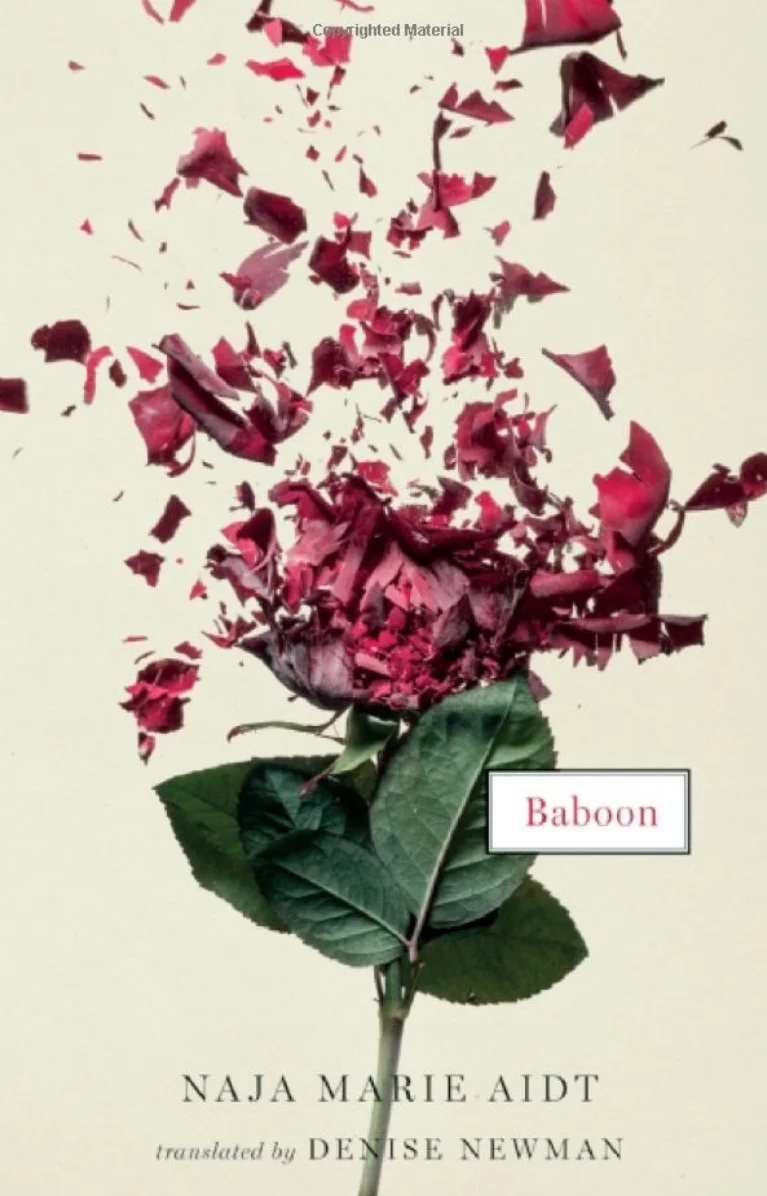Finland: Girl on Heaven's Pier (Eeva-Liisa Manner, trans. Terhi Kuusisto)
My choice for Finland was written by Eeva-Liisa Manner (1921-1995), considered to be one of the most influential modernists in post-war Finland. Although she was born in Helsinki, she spent most of her youth in Vyborg. Manner began her life as poet, first publishing Mustaa ja punaista (Black and Red) in 1944, and went on to write many more poems, as well as plays, and novels. She was also well-known as a translator.
Background: Although considered to be part of Scandinavia, the Finnish language is not actually in the Indo-European language family (rather the Uralic family). Historically, Finland was tribal during most of the medieval period, and violence was rather rampant due to the numerous crusades waged against the tribes by the Catholics during the 12th and 13th centuries. Finland eventually became part of the kingdom of Sweden (and Catholic), remaining essentially a conquered nation well into the 17th and 18th centuries. Swedish was the primary language of the nobility, as well as what was used in administration and education, whereas Finnish was relegated to the peasants and less-educated. During the Protestant Reformation, many Finns converted to Lutheranism. Between 1696-1697, a terrible famine wiped out about one third of the Finnish population, followed shortly after by a bout of Plague. During the 18th century, Finland was occupied twice by Russia during Russia's wars with Sweden, also resulting in significant population loss. In 1809, Finland became a Grand Duchy of the Russian Empire (until 1917). The Russian province of Vyborg became part of the Duchy during this time (relevant to the story). Starting in the 1860s, a Finnish independence movement finally began to grow, although another famine in 1866-1868 killed off 15% of the population. In 1918, war between the Finns and the Russians began, and in 1919 Finland became a presidential republic.
Quite a short novel, “Girl on Heaven’s Pier” was originally published in 1951. The story concerns Leena, a young girl growing up in Vyborg before it became part of the Soviet Union. Leena lives with her very religious grandmother, who is loving in her own way, but quite withdrawn due to the deaths of her son and husband. She does not really know what to do with Leena, especially since she is so caught up in her own grief. For her own part, Leena is a remarkable child, very excited about the world, and a dreamer. She hates school, and is always thinking of things elsewhere. The novel follows a short while in Leena’s life, as she wanders away from home a few times, falling unconscious once, and meeting a nun on another occasion. Blurring reality somewhat, Leena’s introspection into the nature of life and meaning, and the possibilities of death seem somewhat beyond her age, but her youthful questions are ones that still haunt most adults. It’s a sad book, but one well worth reading. The prose is beautiful, the philosophical concerns pertinent, and Leena is a compelling character.
Another wonderful book/translation from Dalkey Archive!






